How To Go Vegan: The Plant-Based Lifestyle
Put most simply, veganism is the lifestyle of abstaining from the use of all animal products.
As the above short description suggests, veganism is more than just a diet. It’s an all-encompassing way of life. One of compassion, respect, and having a better understanding of our place in the world.
Transitioning to this plant-based lifestyle holds tremendous benefits just waiting to be unlocked and enjoyed through life. I’ll describe those benefits and more in this Ultimate Guide to Going Vegan.
Table of ContentsThe History of VeganismMeet Donald WatsonHow many people around the world are vegan?Why Should I Go Vegan?HealthEthicsSustainability / Environmental ConcernsHow To (Successfully) Go VeganIs it more expensive to be a vegan?Eating out as a veganVegan NutritionIs it healthy to be a vegan?But where will I get my protein?What about other supplements: what else do I need?Meal planning as a veganOne last tip
The History of Veganism
Meet Donald Watson
First things first. What’s the history of veganism and who created this idea?
The earliest known vegan movement (and the term “vegan”) began in 1944 as a social gathering in England, as founder Donald Watson cited the definition of veganism as:
“To seek an end to the use of animals by man for food, commodities, work, hunting, vivisection, and by all other uses involving exploitation of animal life by man.”
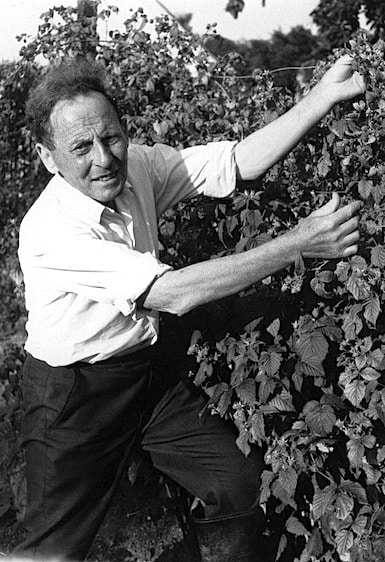
Donald Watson, founder of veganism (photo from The Vegan Society)
His definition shown here coincided with his establishment of The Vegan Society, a local group that became known for rejecting the use of animals for any purpose, and advocating “living without exploitation.” Soon after, this tenant spread to the USA in 1948, beginning what would eventually turn into a countercultural revolution.
Recap: Donald Watson invented the term and began veganism in England in 1944, stating his intent was to end the use of animals by man.
How many people around the world are vegan?
It’s hard to say how many people are completely vegan, but the numbers on vegetarians around the world are a bit clearer.
Combing the data from these major countries ranging from 2003 to 2016, it’s estimated that there are over 430 million vegetarians across the world. While vegans are not a substantial part of that figure, there are at least 10 million worldwide, with that number growing every single year.
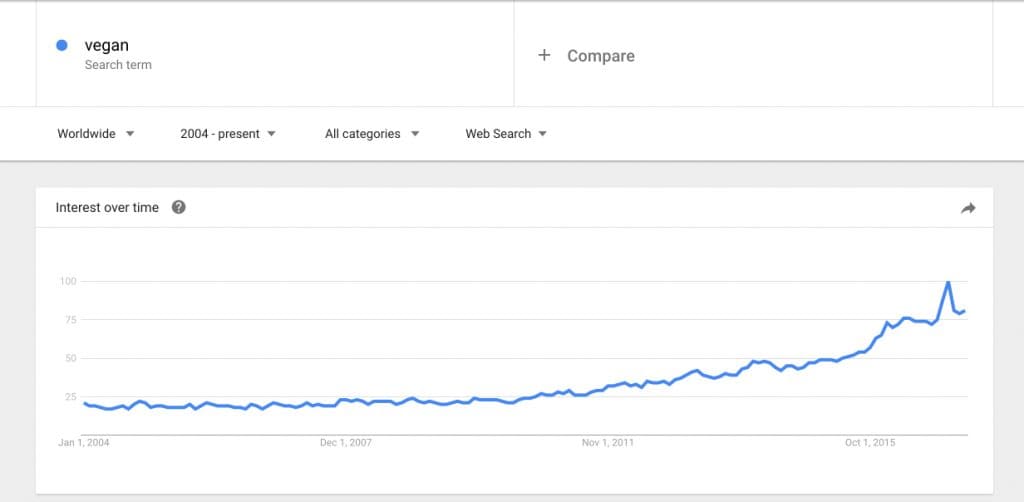
This is the Google Trends result for the term “vegan”. As you can see, more and more people are interested in the vegan diet.
Becoming vegan is one of the world’s fastest-growing lifestyle movements, and in the next section, you’ll find out why.
Recap: There are at least 10 million vegans worldwide.
Why Should I Go Vegan?
You’re reading this guide clearly because you might be interested in making some changes in your life. Here are some of the main reasons to consider transitioning to a vegan lifestyle.
Health
The overwhelming health benefits are some of the biggest factors that compel people to choose the vegan lifestyle.
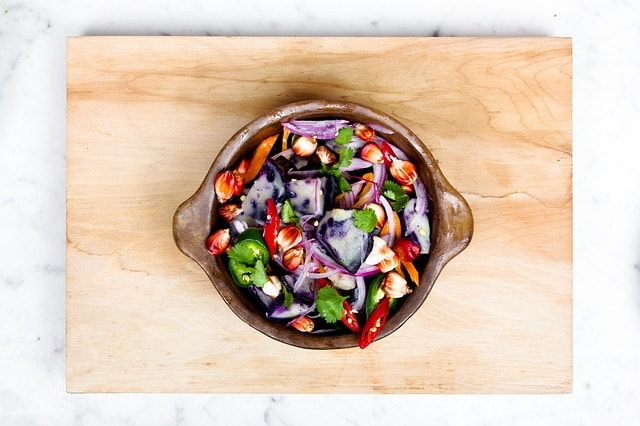
Eating a consistent vegan diet has been proven to:
- Lower total cholesterol (Journal of the American Heart Association, 2015)
- Lower blood sugar (Diabetes Care, 2006)
- Lower the risk for heart disease (The Journal of Pediatrics, 2015)
- Reduce body weight (European Journal of Clinical Nutrition, 2013)
- Reduce necessary intake of diabetes medication (American Journal of Clinical Nutrition, 2009)
In addition, many people report feeling more energized, more clear-headed, and more empathetic.
Recap: The vegan diet is proven to lower the risk for heart disease, high blood sugar, diabetes, cholesterol, and total body weight.
- Do vegans live longer?
“As within, so without.”
— Socrates
Many people who adopt a plant-based lifestyle tend to be healthier in other ways as well. With the added vitality intrinsic to the vegan diet, many vegans are more proactive about their health: they exercise regularly, do not smoke, and are more active overall.
The combination of a diet proven to reduce the risk of heart disease, high blood pressure, and cancer, paired with regular exercise and healthy habits, makes for one that’s likely to carry longevity and exuberance late into life.
This 2016 study from Massachussetts General Hospital demonstrates how replacing animal protein with plant protein significantly increases life expectancy.
Recap: Consuming plant protein is proven to increase life expectancy.
- Can I still get heart disease as a vegan?
Yes, you as a vegan can still get heart disease without proper care of what you’re putting inside your body. But the risk is significantly decreased.
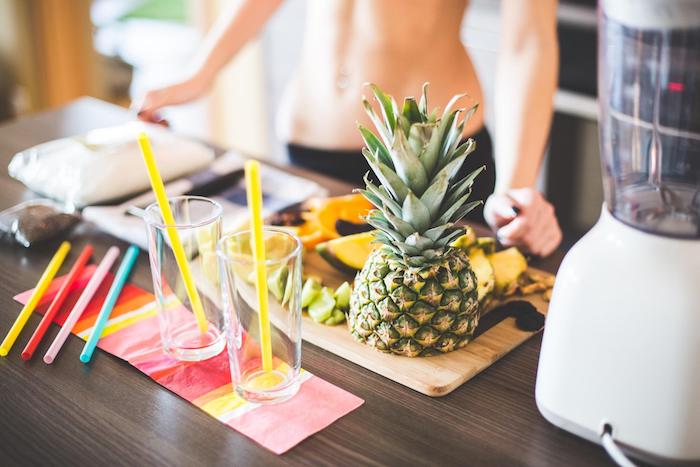
As Harvard Medical School illustrates here, not only does a vegan diet (and restriction of oils, fats, refined carbohydrates, and sweets) help prevent heart disease…it actually reverses the effects of onset heart disease.
Below is a chart, we recreated, where Harvard Medical School demonstrate the exact diet required to reverse heart disease, as well as which items to avoid:
|
Allowed |
Not Allowed |
|---|---|
| Whole grains | Oils and processed foods containing oils |
| Legumes (beans, lentils, and peas) | Meat, poultry, and fish |
| Vegetables | Dairy products and eggs |
| Fruits | Refined carbohydrates (Includes white rice and bread, pasta, crackers, cookies, cake, and muffins made with white flour) |
| Daily multivitamin and vitamin B12 supplement | Avocados and nuts |
| Flaxseed | Foods and beverages containing sucrose or fructose; syrup and molasses |
| Fruit juice | |
| Caffeine |
Original chart from “Halt heart disease with a plant-based, oil-free diet”, Harvard Medical School, 2014
Recap: Eating a consistent, wholesome vegan diet can actually reverse heart disease. However, an unhealthy diet can lead to heart disease all the same.
- Can I still get cancer as a vegan?
Yes, you as a vegan can still get cancer without proper care of what you’re putting inside your body. But once again, the risk is significantly decreased without the inclusion of meat.
In 2015, the World Health Organization announced that processed meat directly causes cancer.
In addition to this groundbreaking announcement, the organization also declaredred meat as a Probable Carcinogen: one that has extremely strong evidence linked to cancer development.
Eating a wide array of fruits and vegetables ensures that we have the nutrients and enzymes necessary (like antioxidants and fiber) to protect against mouth cancer, stomach cancer, bowel cancer, and colorectal cancer.
Recap: Eating a wide variety of fruit is shown to protect against various types of cancer. Vegans can still get cancer, but the risk is much lower without meat.
- Can I lose weight as a vegan?
In addition to the health benefits above, adopting a plant-based diet is one of the best ways to lose weight.
In fact, a 2016 research series by The Journal of General Internal Medicine found that veganism was the best outright diet for weight loss. These studies involved taking a closer look at the American Diabetes Association diet, the Atkins diet, and other popular mainstream diets.
This research concluded that the vegetarian diet had significant benefits in terms of losing weight (averaging around 5 pounds).
The reason for this is, with a vegan diet, you’ll ideally be eating nutrient-dense foods that are higher in fiber and lower in calories. As a result, your body fat will decrease and you’ll be able to eat less without feeling so hungry.
This page on the PETA website features eight inspiring weight loss transformation stories of people who have committed to a plant-based diet.
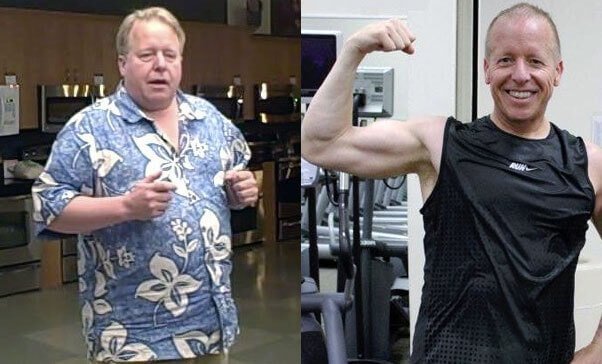
Eric lost over 100 pounds by going vegan and removing processed sugar from his diet
Recap: If you do it right, going vegan is an excellent way to lose weight. Assure you receive quality, nutrient-dense foods that will serve your body in for the long term.
Ethics
If you’ve done a bit of reading in the vegan or vegetarian space online, you’ve likely heard about what’s known as factory farming or animal agriculture.
Factory farming is a large-scale industrial operation that sees 67% of the world’s farm animals raised for food.
Many vegans decide to jump on the plant-eating path simply because of the harm it causes these billions of animals around the world.
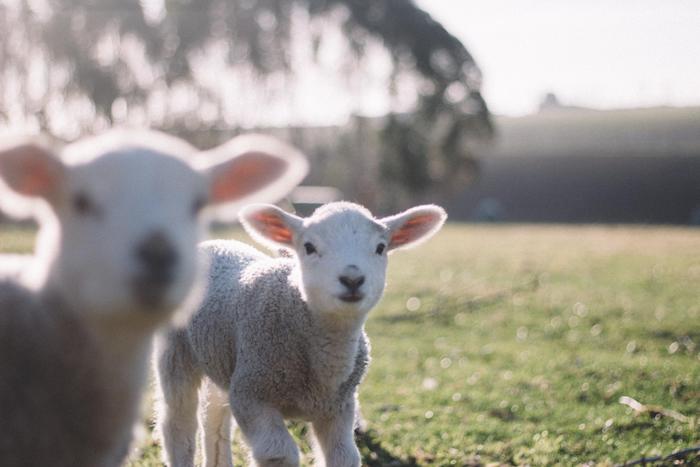
Here’s what typically happens. From an early age, the animal chosen for food are separated from their families and taken to facilities where they’re given antibiotics and additional hormones in order to maximize their output.
They’re also often mutilated in order to keep them obedient and from harming the other animals: cutting off their horns, beaks, or genitals without pain relief is a common practice in these animal warehouses.
Because there are so many animals placed in one location, there’s often not enough room for all of them to move freely or even leave their cages.
Due to this, they become stressed and sick— a natural response to living in a loud, overcrowded, caged environment.
After the animals have reached their full maturity, they’re considered a commodity: taken down an assembly line of workers who prepare them for slaughter. This can involve abusing them into submission, hanging them upside down, and ending their lives suddenly.
Recap: 47 billion farm animals are used for food each year, after being removed from their families, abused, and slaughtered.
Sustainability / Environmental Concerns
Based on the statistics, adopting a vegan diet is a tremendous step to helping create a sustainable future. The plant-based diet not only helps to save the animals, but also reduces the agricultural strain on the environment.
Meat and dairy are shown to be more resource-intensive overall than their vegetarian counterparts. See the World Resource Institute’s article here on how meat and dairy products produce more greenhouse gas (GHG) than lower-impact plant-based foods.
In 2016, a study at Oxford University demonstrates how transitioning to a plant-based diet reduces global deaths by 6–10%, reduces greenhouse gas emissions by up to 70%, and allows an estimated economic benefit of up to $30 trillion.
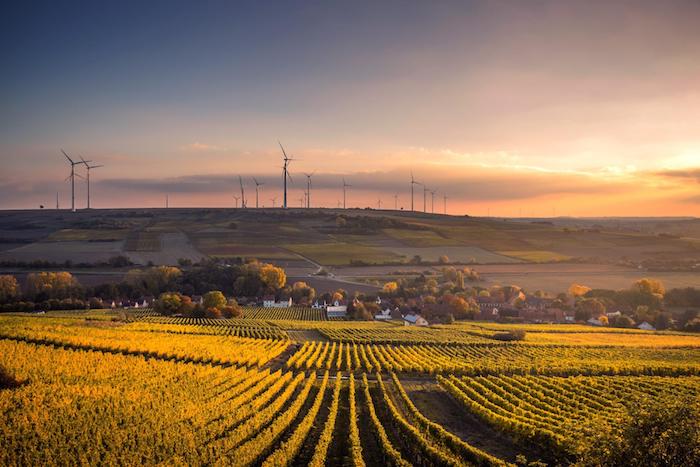
Here are a few more surprising sustainability statistics:
- It takes 2,400 gallons of water to produce 1 pound of meat. Meanwhile, it takes 25 gallons of water to produce 1 pound of wheat.
- Raising animals for food takes up half of all water used in the USA.
- The Environmental Protection Agency says that animal agriculture is the number one cause of water pollution.
Recap: The plant-based diet greatly reduces agricultural strain on the environment, saving on water consumption, greenhouse gas, water pollution, and could allow an economic benefit of up to $30 trillion.
How To (Successfully) Go Vegan
In this section, we’ll outline some of the rumors, barriers, and other concerns you may face in the infancy of your veganism.
Is it more expensive to be a vegan?
“If you do the math, there’s no reason eating vegetarian or vegan should be more expensive than eating meat.” — NoMeatAthlete
Is it more expensive to be a vegan? No.
That’s not to say it can’t be more expensive, but it certainly doesn’t have to be. In fact, the food at the core of a plant-based diet is some of the least expensive food available: pasta, vegetables, fruit, rice, beans, and grains.
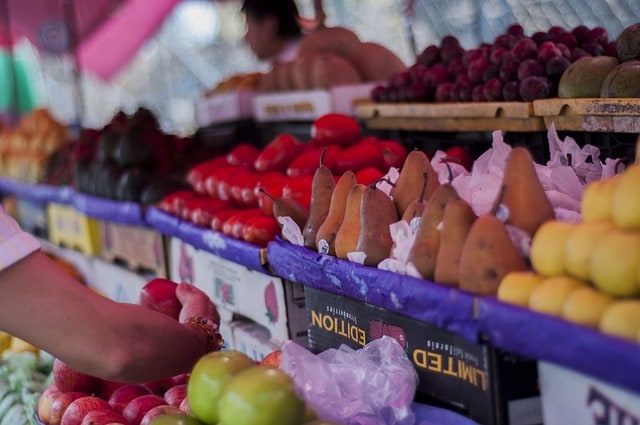
Think about when you’ve seen the price of vegetarian items at a restaurant. Those items are almost always less expensive because the ingredients themselves are less expensive and easier to obtain.
For example, it takes much less time, work, and equipment to harvest salad and vegetables than it does to harvest and prepare steak.
As discussed in the first section of this guide, “Why Should I Go Vegan?,” the health benefits you’ll receive from replacing red meat, processed foods, and junk food with nutritious, wholesome, healthful foods will naturally keep you away from the extra costs of healthcare.
But watch out for these roadblocks when shopping
- Here’s a great tip from the PETA website regarding shopping as a vegan: Because the vegan diet is seen as a “special” or “unusual” one, grocery stores will often price items specifically marketed as Vegan even higher, as it then appeals to that niche and their dietary requirement. You can avoid those high prices by finding an animal-friendly item that doesn’t specifically say it’s vegan on the package.
- Further, one habit that many new vegans develop is purchasing meat alternatives, with the idea that they’re the best way to vegan convenience. While these items (Chik’n nuggets, veggie burgers, and others) may allow you to eat them right out of the package or be easy to prepare, they’ll often come with a higher price tag and are often highly processed, contain genetically-modified soy, and are stuffed with unnecessarily high amounts of filler ingredients.
- Finally, taking your diet further and going down the organic-only route leads to a higher cost as well, due to the cost of production, demand, and certification.
While becoming a vegan doesn’t necessarily have to be more expensive than eating a regular diet, it might not be any cheaper either. What you may find is that instead of purchasing more expensive food, you may have to purchase and eat more food to make up for some of the low-calorie alternatives to eating meat.
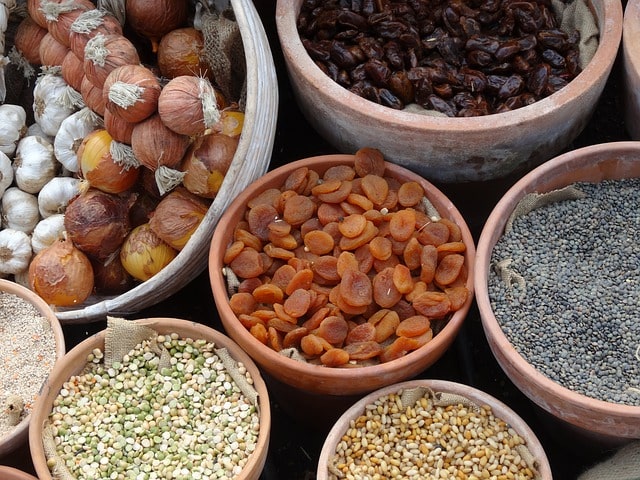
In fact, this might be one of the most eye-opening aspects of becoming vegan. When I first became vegan, I wasn’t prepared to have to eat so much food. As a runner who also performed daily workouts and worked in a job where I was constantly on my feet, my metabolism was through the roof.
Because of this, I found myself constantly hungry and just didn’t feel “whole.” I wasn’t providing my body the nutrients, calories, and energy that it needed.
Once I increased my calorie intake (I used the Fitbit app to track my Calories In vs. Calories Out), I felt a world of difference. I had more energy, I slept better, and I looked better.
“And yet, I now spend one and a half times or twice as much as I used to on groceries. Why? Because being vegan has led me down the ultra-health-foodie road. I shop at farmers markets and co-ops and Whole Foods more than I ever did before I was vegan, and I pay extra for organic.” — NoMeatAthlete
Recap: Veganism doesn’t have to be expensive. Just watch out for the specialty items and don’t settle for unhealthy meat substitutes. Be prepared to have to increase calorie intake by eating more food if necessary.
Eating out as a vegan
It’s easy to become overwhelmed, self-conscious, or anxious when you’re on the road to veganism. Here are some tips and tools that saved me panic and helped me stay strong when starting out as a vegan.
Ask the restaurant for a vegan-friendly substitution
Most restaurants can easily accommodate a vegan diet, or they’ll at least try to if they don’t already have vegan items on the menu.
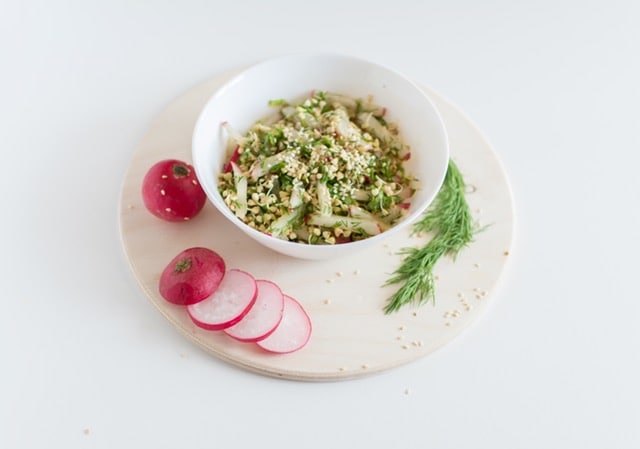
You might be surprised to hear which restaurants offer vegan-friendly options… Did you know you can have a vegan meal at Buffalo Wild Wings, Chipotle, or Wendy’s?
Consider looking at the menu or calling the restaurant ahead of time to see if they’re able to suit your dietary needs.
Use a smartphone or computer application
An app on your phone or computer can serve you extremely well by providing one essential element to going vegan, one that can be incredibly difficult to maintain, but may be the most important in your vegan journey.
That element is accountability.
If you’re like most vegans, you’ve likely grown up in a family that included meat with every meal, from breakfast to dinner with snacks in between. It may prove to be more difficult than you think to make the vegan transition, especially after eating a certain way your entire life.
Until you’re comfortable with your new lifestyle, these apps should prove to be an extremely useful resource in finding the best vegan food around your town.

HappyCow HappyCow is the App Store and Google Play Store’s #1 vegan and vegetarian restaurant guide. With over 180 countries included, this advanced vegan food locator will help you find suitable restaurants around the world. Complete with in-depth reviews from people near you, a price indicator, and a five-star rating system, you’ll wonder how you ever found vegan food in your town before HappyCow.
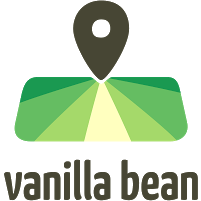
Vanilla Bean Discover over 4,200 vegan with the award-winning Vanilla Bean app. This digital vegan restaurant database provides detailed information on each location, and advises on which restaurants cater to vegan, organic, gluten-free, lactose-free, raw food, and many more specifications.
Recap: Make your lifestyle work for you. Prepare to find vegan substitutes at restaurants and use an app to help you find the best vegan restaurants in town.
Vegan Nutrition
Health nut or not, getting all the nutrients your body needs is quintessential to avoiding health problems and feeling your best. In this section, we will cover the details of nutrition with a vegan diet.
Is it healthy to be a vegan?
As with all diets, there’s a healthy way to do it or an unhealthy way.
Remember: fat, salt, and sugar are all completely natural. Processed, fried, and over-oily foods still have the ability to make you fat — even if they don’t contain animal products.
Think of it this way: you can eat a diet of pop tarts, donuts, peanut butter sandwiches, chips, and cookies.
That diet is still perfectly vegan!
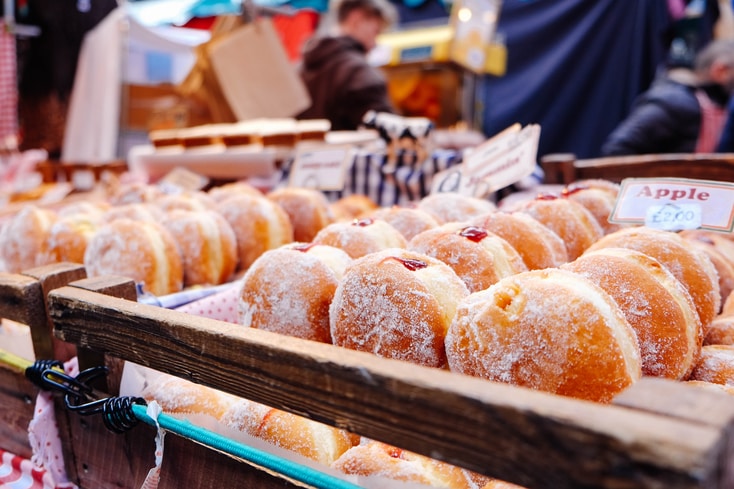
Vegan donuts aren’t health food
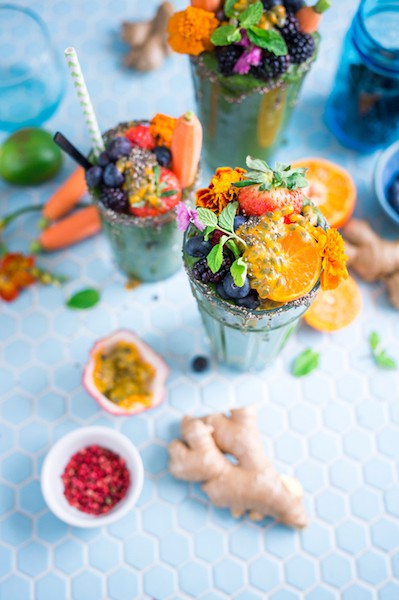
Now, a fruit & vegetable smoothie – That’s healthy!
Alternatively, you could eat a wholesome vegan diet full of rich, green vegetables, pure, nutrient-dense fresh fruits, and wholesome nuts and seeds that will truly nourish your body, clear your mind, and give you the energy you need.
The ultimate question to ask when determining whether or not to eat something:
“What benefit is this food providing for me?”
But where will I get my protein?
“…But where do you get your protein?”
This is a timeless question that rings through the ears of nearly every vegan, especially at the start of their journey and from those just finding out about this “unusual” diet. This extremely common inquiry usually arises from others who may not know about veganism or have the full story.
However, it’s a very valid question and one that you should consider. Protein is essential to the body, as it’s the foundation of bones, cartilage, hair, skin, muscles, blood, and nails. Protein works to rebuild and repair healthy tissue when it’s damaged.
The USDA recommends that healthy adults should strive to take in between 0.66 and 0.8 grams of protein for every pound of body weight.
While meat provides a substantial amount of protein (and is the main source of protein for most people), protein can just as easily be found while observing a plant-based diet.
Here’s a list of substantial, wholesome, vegan sources of protein:
- Legumes: kidney beans, navy beans, green peas, black eyed peas, black beans, soy beans, chick peas, lentils, and more
- Nuts: almonds, peanuts, walnuts, brazil nuts, and more
- Seeds: chia seeds, flax seeds, hemp seeds, pumpkin seeds, and more
- Nut butters: peanut butter, almond butter, walnut butter, and more
- Nut milks: almond, rice, coconut, flax, hemp, and more
- Grains: quinoa, rice, spelt, amaranth, oats, buckwheat, and more
- Vegetables and greens: spinach, kale, avocados, broccoli, asparagus, artichoke, green beans, and more
- Bread
- Tofu
- Seitan
- Tempeh
- Spirulina
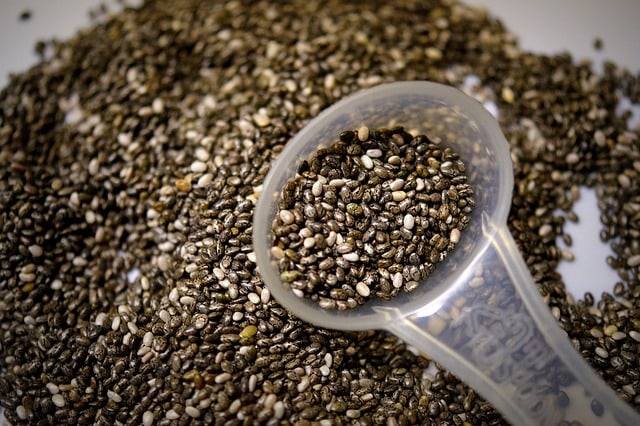
Chia seeds, a delicious, nutritious, complete protein
As well as protein powders sourced from rice, peas, hemp, and soy. Just watch out for the additives like artificial flavors, thickeners, and sweeteners.
Did you know? It’s even possible to turn your favorite Starbucks order into a delicious, vegan-friendly treat. Check out our recent writeup to learn about the Starbucks Cheat Code and more tips!
Recap: Protein is essential, and it’s incredibly simple to find substantial, high-quality sources of protein with a plant-based diet.
What about other supplements: what else do I need?
Supplements can be extremely helpful as a way to boost your plant-based lifestyle.
Sometimes, you may need an extra serving of specific nutrients because you could not be getting enough in your regular diet.
Other times, they are absolutely essential, as certain vitamins and minerals are exclusive to meat.
The following nutrients should be staples to any healthy diet, and below, we’ve outlined why you should have them and how you can get them.
Vitamin B12
Vitamin B12 is one that’s simply not plentiful enough in the plant-based diet, and is one for which you will likely need a supplement.
B12 has some very important roles in the body, including red blood cell regulation, energy production, stabilizing neurological issues, and controlling gastrointestinal processes.
B12 supplements are commonly found in the form of a pill, a capsule, or a spray that you apply under your tongue.

We Recommend:
Garden of Life organic B12 supplement spray
Iron
Iron is another element that’s essential for the body’s blood production. It carries oxygen through the blood, and has a vital role in converting blood sugar to energy.
Without enough iron, energy levels become low, resulting in fatigue.
DHA
DHA is a type of Omega-3 fatty acid and helps to ensure that our heart, eyes, and brain are functioning at their best. It’s also known for protecting the body by lowering the risk of heart disease.
Some of the symptoms of DHA deficiency include poor memory, poor circulation, dry skin, and fatigue.
In addition to your regular diet, the best way to get the proper quantity of DHA is to take a softgel or capsule.
Zinc
Zinc plays an important role in keeping the body healthy.
Getting the proper amount of zinc in your diet helps you fight illnesses and colds, balance your hormones, and supports your blood vessels resulting in better heart health.
A zinc deficiency can result in loss of hair, lower immunity, and lower nutrient absorption.
Zinc can be taken in the form of a tablet or capsule.
Do I need a multivitamin?
“Let thy food be thy medicine and thy medicine be thy food.”
–Hippocrates
Choosing a plant-based multivitamin can serve as a great way to receive all of these benefits at once. However, it may not be necessary for every person to take one.
Many multivitamins are made from synthetic or artificial ingredients, and lack the living enzymes necessary to activate the health-producing factors within the body.
However, a multivitamin can be the best way to receive your daily dose of the above vitamins if you’re not receiving them naturally. When choosing a vitamin, opt for a natural one with ingredients sourced completely from whole foods.
A couple of (very) important tips
Overall, it’s essential to see them as a complement to a healthy diet, rather than a substitute for getting the nutritious foods you need.
It’s also extremely important to ensure you don’t take more than necessary. Always read the label for the recommended dosage and take caution when starting any new supplements.
Highly recommended: consult your doctor or get a blood test
If you’re unsure about which supplements may work best for you, consider talking to your doctor to find out a professional recommendation. You could also get a blood test to determine if you have any nutritional deficiencies you need to give extra attention.
Here’s a helpful article from LiveStrong on How to Test for Vitamin and Mineral Deficiencies.
Meal planning as a vegan
What will my meals look like now that I’m a vegan?
Protein-packed foods and supplements are incredibly important within your new diet, but it’s essential to give attention to the core of what you’ll eat: your day-to-day meals!
Mix up your meals
Diversity in your meals is incredibly important.
One reason is for your health. When you eat a wide variety of foods, you absorb the nutritious properties found in some foods but not others. Some of the best advice I received starting out: make your plate look like a rainbow. What this means, in general, is to get an assortment of colors from various foods for each meal.
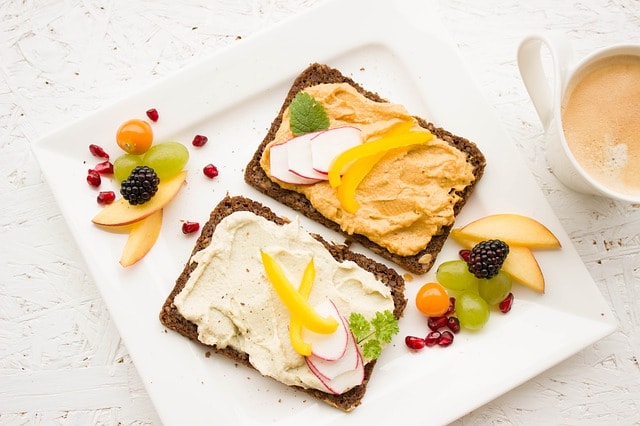
The greater variety of plant foods that you eat, the more nutrients you’ll receive naturally.
A second reason to mix up your meals is that now, you’ll have so many more choices!
In the 2010 book Color Me Vegan, best-selling author Colleen Patrick-Goudreau describes how her world was opened up to hundreds of new options once she adopted a plant-based diet:
Many of us rotate the same dishes over and over, and as the researchers discovered, most people demonstrate very little diversity when choosing vegetables.
Here’s a secret: when I switched to a plant-based diet, I actually foundmoreoptions. With meat, dairy, and eggs no longer displacing healthful options, a world of plant foods opened up.
Make sure to check out our Vegan Recipe Resources article to view some great inspiration sources.
Here are a few more recommendations to help you craft your tasty vegan meals:
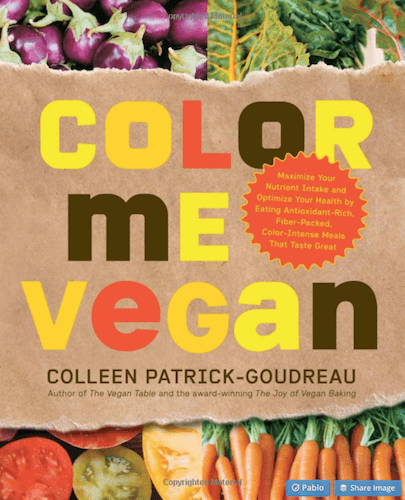
Color Me Vegan (Colleen Patrick-Goudreau, 2010)
Color Me Vegan is a 250-page whopper that features health-conscious vegan meals of all types.These luscious meals include Beet Burgers with Avocado and Grilled Onions, Sweet Potato Tacos, Peanut Pumpkin Soup, and Linguine with Purple Cabbage.
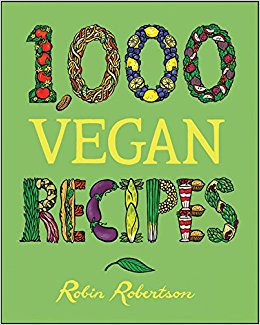
1,000 Vegan Recipes (Robin Robertson, 2009)
1,000 Vegan Recipes is just that – 1,000 of the tastiest vegan recipes that you can make at home.
This book will be vital to help you get to know new plant-based recipe, and will introduce you to ideas that you might have never thought of on your own. Think Vegan Tiramisu, Mango-Avocado Spring Rolls, and Beer-Marinated Seitan Fajitas.
![]()
Veganomicon: The Ultimate Vegan Cookbook (Isa Chandra Moskowitz and Terry Hope Romero, 2007) Veganomicon: The Ultimate Vegan Cookbook will arm you with some of the best and most classic vegan recipes around. This book truly keeps it interesting, and places a focus on recipes with substance: dense meals that will keep you full and satisfied all the way through to the next one. Some of the delicious meals in this book include Blueberry Corn Pancakes and Hearty Blue Flannel Hash, Grilled Yuca Tortillas, and the award-winning Southwestern Corn Pudding.
One last tip
Try to have patience with those who don’t understand right away.
As humans, we are susceptible to change, but sometimes it doesn’t come easy. Have patience with those who don’t understand and listen to their thoughts.
The idea of adopting a plant-based lifestyle may be completely foreign to them. They’re most likely concerned for your health and want the best for you, but may not have a full understanding of the thought, research, and effort you’ve put into your decision.
After all, if they learn about why you choose to go down the vegan path, it may inspire them to make a positive, healthful change in their own life.
Also, veganism goes far beyond your food choices. Checkout our article on Vegan Clothing as well!
As you’ve read, the research is out that adopting a plant-based lifestyle is beneficial in many ways.
With amazing benefits like helping to offset the environmental damage, making the world a safer place for animals, and being the single best diet for weight loss, the vegan diet has a lot to offer. And it’s likely easier than you might have thought.
Now that you know how inexpensive it can be to be, how easy it is to plan your meals, how best to get your protein, and what to watch out for at the grocery store, go out and enjoy the delicious fruits of what nature has to offer!
If this guide was helpful to you, we’d love to hear about it!
Share this guide with a friend!